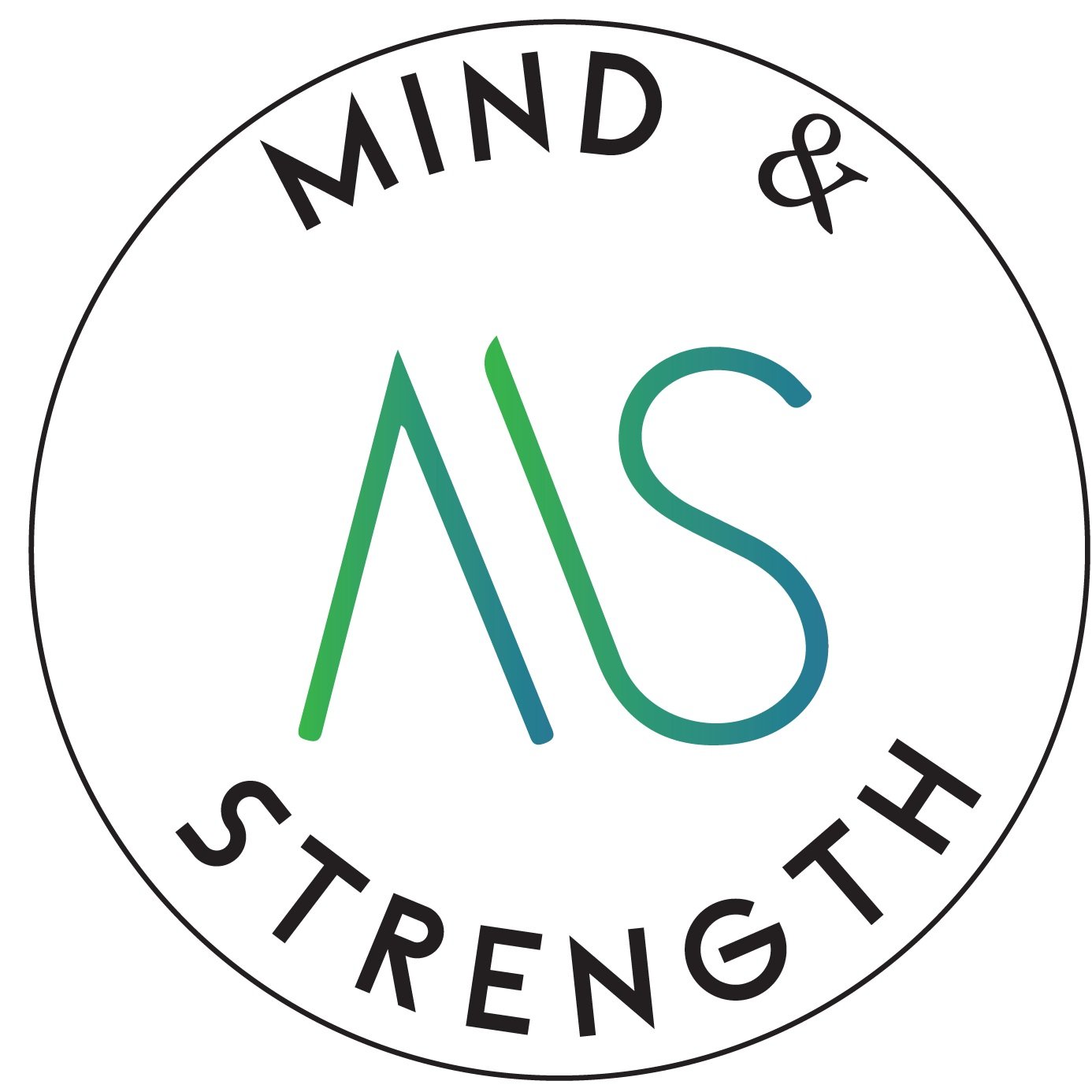Mental Health Benefits of Exercise
Does the word exercise make you think of weight loss? What images and memories come up for you?
I grew up swimming and playing water polo. I loved it. I love being in the water. I find the gentle movement, the pressure of the water against my hands, and effortlessly gliding along the water comforting and meditative. Swimming and water polo gave me friendships, connection, community, and common goals to work toward throughout my life. My life as a teenager was built around playing these sports. Actually, my experience of being a swim coach for kids had a huge influence on my path to become a social worker and therapist! (Story for another blog post).
That all changed after high school. I lost most of those joyful connections to exercise. For almost a decade exercise became about losing weight and looking better. I lost the enjoyment of the activity itself. I stopped swimming regularly. I had a few opportunities to play in adult water polo leagues (and then I moved to Utah and those don’t seem to exist around here). I always struggled with feeling “good enough” because of my weight., even as a teenager. It got worse as a young adult trying to navigate college, dating, and making life decisions! I did extreme dieting and had several episodes of weight cycling. I exercised only when I was motivated to do it to “lose weight.” Striving for weight loss was really about trying to find love and acceptance around me.
Can you relate?
After almost 15 years of experiencing a negative relationship with my weight and exercise, I was introduced to activities that I love! It was the first time in my adult life that I felt alive and excited about moving my body! I was surprised to see my strength and endurance increase more quickly than I thought possible. I actually enjoyed jogging (a slow jog!) for the first time. I never realized how much exercise could be a stress relief for me. Most importantly, I learned the belief that I am capable of doing more than I think I can (or what others think I can do solely based on my body size!). I learned to stop limiting myself to what the diet/wellness industry tries to tell me I '“should” be doing
It’s time to flip the script on why and how you exercise! Make a goal to find movement that is joyful!
Three Benefits of Exercise for Mental Health
Provides Stress Relief
Working up a sweat can help manage physical and mental stress
Exercise increases concentrations of norepinephrine, a chemical that helps moderate your response to stress.
Movement releases endorphins, which create feelings of happiness and euphoria. Movement has proven to help alleviate symptoms of depression
Builds Body Image
Try something new and exciting leads to a boost in your mental confidence
Helps you relate to your body about what it CAN DO vs. WHAT IT LOOKS LIKE
Moving your body in a new way help you feel more capable to tackle both physical and mental challenges, no matter your body shape or size.
Helps Build Connection
Find an outdoor workout that fits your style; hiking, kayaking, rock-climbing or just walking! Feeling connected to the outdoors helps boost your mood and confidence. Utah has an abundance of options when it comes to the outdoors!
Try movement with others! Try a class, walk with friends, join a hiking group! Finding people to connect with while doing exercise makes it more fun. Some of my closest friends now are people I met through exercise
Plus, all that Vitamin D (when you can find it in the winter!) can lessen the likelihood of experiencing depressive symptoms.
Step outside of your comfort zone. You might feel nervous and scared, but afterward you feel a sense of accomplishment and confidence.
The therapists at Mind & Strength Counseling of Utah are here to help you find your true holistic approach to mental health and exercise. Check us out and make an appointment today!

